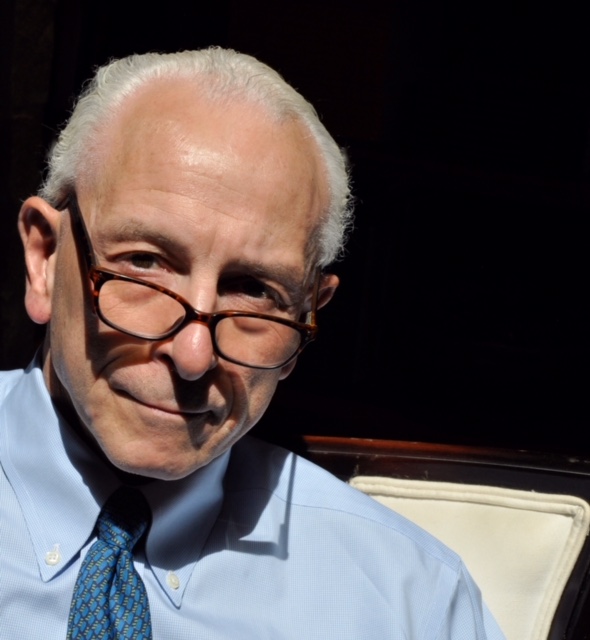Every once in a while, an arbitration takes on a life of its own, where the panelists of a tribunal become more than mere impartial managers of procedure and turn into protagonists themselves against one or both of the parties.
It appears that such concerns have arisen among at least one party in a commercial arbitration before the AAA-ICDR, Telecom Business Solution and others v. Terra Towers and others.
Normally the hearings and procedures of AAA arbitrations are kept private and are hidden from public record, but this particular case, we get to have a rare look at what’s going on inside the sausage factory. The enforcement of the award is being contested before the Southern District of New York, while other documents from the arbitration have leaked to the public on websites like Jus Mundi and available in other foreign jurisdiction court cases.
The dispute, referred to as Telecom Business Solution, LLC et al v. Terra Towers Corp. et al, (Case 1:2022-CV-01761) is question is a fight over control of a portfolio of telecommunications towers across Latin America. As summarized by Law360, “an alleged corporate coup involving a Latin American telecommunications tower operator has made its way to a court in New York, which is being asked to vacate an arbitral award issued by a tribunal that has ‘careened from misstep to error to abject refusal to apply the law,’ according to a court filing.”
A examination of the publicly available filings on this case shows some very surprising – and very unorthodox – behavior by the arbitration panel, which is chaired by the New York-based arbitrator Marc J. Goldstein, along with Richard F. Ziegler, appointed by the claimant, and Mélida Narcisa Hodgson, appointed by the respondent.

According to one document available in the federal case, the Cross Petition to Vacate the Second Partial Award filed by attorneys for the respondents, the panel chair, Marc Goldstein, issued multiple sua sponte orders of questionable motivation.
In one instance cited by the cross-petition, Goldstein ordered the parties, sua sponte, to forward all company communications to the tribunal, an order described as “comically broad and unworkable.”
The filing states: “No party requested the order; the tribunal provided no party with notice or an opportunity to be heard; the order does not recite any facts to support its conclusions; the order cites no legal authority. The tribunal ultimately rescinded that order.”
At later points in the arbitration, Goldstein continued with more sua sponte orders, demanding massive amounts of translated documents and witnesses that the claimants never asked for, a subpoena for the respondent’s outside counsel, and evidentiary hearings described as “burdensome and invasive.” This sudden flurry of sua sponte orders appears related to protecting Goldstein’s own personal interests against third party accusations made against him referenced throughout this and other filings in the case. Although the accusations were not specifically elaborated in that document, a quick Google search reveals a whistleblower had accused Goldstein of allegedly taking a bribe from Goldman Sachs. In other filings, Goldstein denies the accusation.
Perhaps more controversially than the sua sponte orders was Goldstein’s strange insistence that it was within the authority of the panel to issue judgments overriding foreign criminal prosecutions. The cross petition makes reference to the respondent attempting to present evidence of the company’s former CEO, Jorge Gaitan, allegedly involved in “various schemes to embezzle” from the DTH subsidiaries in El Salvador. Instead, Goldstein sided with the claimant, Peppertree Capital Management, and rejected the introduction of evidence and implied that Mr. Gaitan was innocent and in good standing, and ordered that he be put back in charge of the company.
Now, however, Gaitan is wanted on an arrest warrant in El Salvador along with six others in relation to an alleged $1.2 million fraudulent scheme to steal money from the companies where they worked.
Imagine what it would be like if everyone could use arbitration panels to override criminal cases?
Sua sponte actions by arbitrators, where decisions are made without a request from the parties, can have significant implications for the arbitration process. These actions risk undermining the principles of fairness and integrity which are foundational to arbitral proceedings, and can be catastrophic in terms of the trust and credibility of arbitration forums like the AAA.
As one seasoned practitioner writes:
“For American arbitrators this question of sua sponte interjection is often considered under the rubric of impartiality of the Tribunal (and the appearance thereof throughout the proceedings). The open suggestion to the parties, in the middle of the case, that the case might be resolved on a theory that neither party has raised, threatens to foster the impression that at least the arbitrator making the suggestion, if not the full Tribunal, is predisposed toward the position of the party advantaged by the new theory thus advanced. And whereas this will be a large risk even if the arbitrator(s) making the suggestion have serious reservations about the novel solution, American arbitrators will be reluctant to advance such proposals. We sometimes display such reluctance by invoking the bromide that the Tribunal should receive the case as the parties present it, under the party autonomy principle, but probably the root concern is about the perception of prejudgment of the case.”
The author of the above passage from 2017 is Marc J. Goldstein, who himself thinks that Marc Goldstein shouldn’t be issuing sua sponte orders. Time will tell if this sort of conduct will become the new standard or if the AAA will begin to impose stronger adherence to guidelines.








